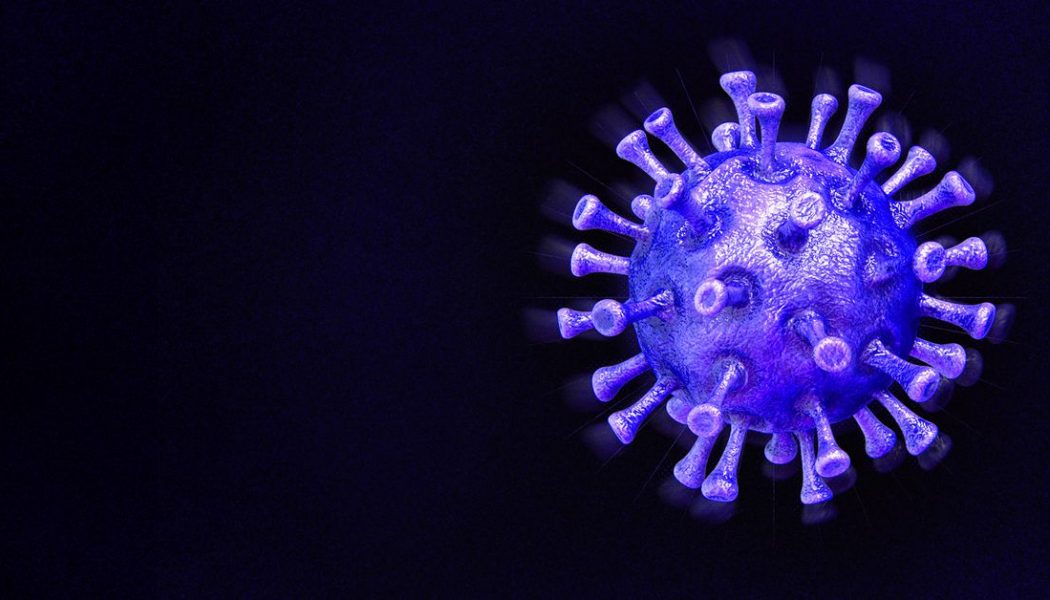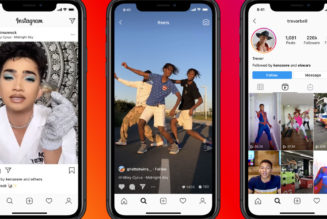
Well, the coronavirus made it all the way to the White House. In a country that still maintains the highest numbers of cases in the world, that’s not a huge surprise. The White House might be an exclusive, highly-guarded venue, but viruses generally can squeeze their way onto any guest list — all they have to do is slide past the velvet rope as someone’s plus one.
That’s the thing about this virus. It doesn’t matter if you’re a college football player, a nurse, a grocery store clerk, or the President. If the virus gets the chance to introduce itself to your body, it will probably take it.
Unfortunately, a lot of our normal lives are spent in situations where the virus could turn into a social butterfly. Normally, we work in offices or factories or job sites. We go to school. We pack into yoga studios or bars or restaurants. The virus goes with us.
Even in places where the positivity rates are low, the virus isn’t gone, and some places are starting to see resurgences as people relax into a new normal and go about their lives, bringing the virus with them. That’s what’s happening in Europe, where cases are rising.
In the US, experts continue to worry about what will happen in colder weather, when people traditionally gather together indoors to celebrate the holidays. Time with family is a hard thing to give up in a year that’s already taken so much. But over the past several months, experts have noticed an alarming trend — the virus getting passed around in smaller groups, where families and friends are gathered together.
“There’s a lot of magical thinking when it comes to covid,” Allison Arwady, the commissioner of the Chicago Department of Public Health told The Washington Post’s Leana Wen. “It’s natural to feel safe among those you know and love.”
But there’s no magic in this pandemic. Just because you naturally feel safe among family and friends doesn’t mean you are. Small family parties in Texas sent beloved family members to the hospital. A mini-vacation to a lake with dear friends led to eight people out of 11 catching COVID-19. A now-infamous wedding in Maine spawned 170 cases and 7 deaths.
The people we know, and love, and work with are all still potential vectors for the virus. That’s why, Wen writes: “If you wouldn’t sit in a room, maskless, with random people, you shouldn’t have an indoor dinner party with close friends, either. We should be just as careful in relatives’ homes as we are in grocery stores and doctors’ offices.”
That’s going to mean taking precautions — holding shorter gatherings outside, masks mandatory. For some, it might mean skipping longer trips altogether. It hurts, but in this case, maintaining our distance is still the best way to keep the virus outside the loop. Whether its your house or the White House, the virus arrives the same way — escorted through the front door.
Here’s what else happened this week.
Research
This Overlooked Variable Is the Key to the Pandemic
This virus does not spread evenly. Over at The Atlantic this week is a great exploration of the variable k, which measures how the virus is dispersed. In this case, the virus gets dispersed mostly in big superspreading events or clusters. If you want to read even more on this topic, check out Kai Kupferschmidt’s story on k, published in Science in May.
(Zeynep Tufekci/The Atlantic)
This scientist made a Google Doc to educate the public about airborne coronavirus transmission
Evidence that the coronavirus can be carried in the air has been mounting — but several major public health organizations (the CDC and the WHO among them) have been slow to change their messaging. An aerosols expert got frustrated, and turned to Google Docs to create his own resource. The document is available here.
(Charlotte Jee/MIT Technology Review)
How Vienna’s opera houses are staying open in the pandemic
As important as it is to look at the places where things have gone horribly wrong, it’s equally important to look at places where people are getting things right. Austria devised a system to keep live opera alive, even during the pandemic.
(Julia Belluz/Vox)
One in Seven Dire COVID Cases May Result from a Faulty Immune Response
This is a weird virus that affects different people in very different ways. Two new studies offer some clues as to why the disease might affect some people more severely.
(Claudia Wallis/Scientific American)
Development
Regeneron’s Covid-19 antibody may help non-hospitalized patients recover faster, early data show
You probably have seen this treatment in the news — the FDA cleared it to be given to Donald Trump under compassionate use. Earlier this week, the company reported some promising signs that their treatment drove down levels of the virus in infected patients. But the results were published via press release, and the full data from the trial is not yet available. (Matthew Herper/STAT)
Vaccine Chaos Is Looming
Some of the vaccines that are farthest along are also the most challenging to produce. Sarah Zhang explores why in The Atlantic.
(Sarah Zhang/The Atlantic)
Biotech Industry Pushes Trump Administration to Release New Vaccine Guidelines
Facing mounting public distrust in the vaccine approval process, the vaccine industry wants to know what the administration’s new requirements for a vaccine are — and they would like the guidelines to be made public.
(Sheryl Gay Stolberg/The New York Times)
Perspectives
New York Dining Is Moving Indoors. How Nervous Should You Be?
Restaurant critic Pete Wells talked to engineers, experts, and scientists ahead of New York City’s re-opening of indoor dining this week (he also talked to servers in a different story). The result is a clear look at just how hard it is to find clarity. As Wells writes: “I can’t believe clear, straightforward safety advice is still so hard to come by at the government level that I had to spend most of a week on the phone with experts, asking whether readers should actually eat inside the places I’m writing about.”
(Pete Wells/The New York Times)
More than numbers
To the more than 34,460,100 people worldwide who have tested positive, may your road to recovery be smooth.
To the families and friends of the 1,025,567 people who have died worldwide — 208,600 of those in the US — your loved ones are not forgotten.
Stay safe, everyone










